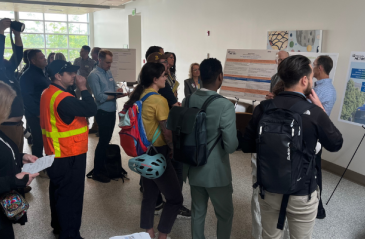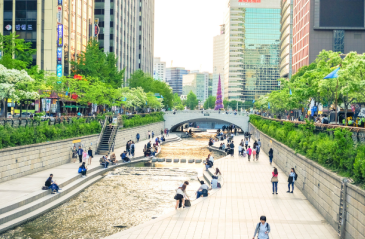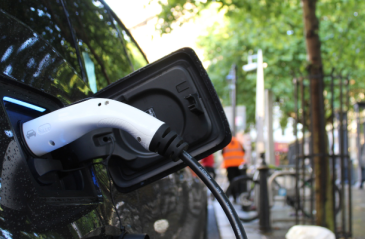
The information barriers holding back climate action and how to break them

Why should we worry about what happens if machines don't replace humans? @DannyBuerkli explains
Share articleIf your life was on the line, would you rather be diagnosed by a human doctor or by a machine?
Share articleRobots will replace humans and that is a good thing – but it's not happening fast enough
Share articleWe put our vision for government into practice through learning partner projects that align with our values and help reimagine government so that it works for everyone.
Much of the debate around the automation of human jobs seems misplaced. We worry about whether robots will replace humans. What we should worry about instead are two other things. First, we should worry about what happens if machines don't replace humans. Secondly, we should worry about the upcoming political fight over redistribution which will kick off soon.
For many tasks, the difference between a human and a robot is just the cost. Robots do the same thing humans do - but cheaper. They weld car doors, they sew shoes or the cut wood more cheaply compared to a human. In some occupations, however, the difference isn't just cost but quality. Robots produce better work. If you think of trinkets and shoes you may not care that much about quality. Sure you do, but only to a degree.
But consider tasks where the outcomes really matter. If you are undergoing medical treatment you care very much about the quality of the decisions that your doctor makes.
As it happens, already today, we have machines which outperform humans on those tasks. If your life was on the line, would you rather be diagnosed by a human doctor or by a machine which probably outperforms that doctor? For those tasks where the outcome really matters and where machines outperform humans we have a moral duty to replace humans with robots as soon as we can. At a bare minimum we need to stop humans from making these decisions without having consulted a machine.
We need to stop worrying just about the people who will lose their jobs and start worrying about all the individuals who are being harmed because we are not using machines where we already could and should. So yes, machines will replace humans and that is a good thing. But we should not forget the bigger picture. Automation is not something that will hit us at some undefined point in the future. We can already see in national statistics that returns on capital are increasing and returns on labor are falling or stagnating.
We are presented with two options. Either we let the free market take it from here or we are about to enter a period where the state steps up.
Either we just keep going, accepting that most developed societies will soon be ruled by a small class of hyper-rich oligarchs while the vast majority of people live in squalor - or we redistribute. We could redistribute either the underlying assets which produce the returns or, alternatively, redistribute the returns on that capital (Universal Basic Incomes or Dividends are one way of doing this). In other words, either we keep taxing labor and not taxing returns on capital or we stop taxing labor and we start taxing returns on capital.
This will, without a doubt, be the most bitter, acrimonious political fight of the century. Unless we are happy with ever more inequality this is the issue we should focus our attention on.
So yes, robots will replace humans and that is a good thing - but it's not happening fast enough. We have a moral duty to replace humans with machines where results really matter and where robots are better than we are. And we need to gear up for a monumental political fight over how to redistribute the wealth that technology is generating.












